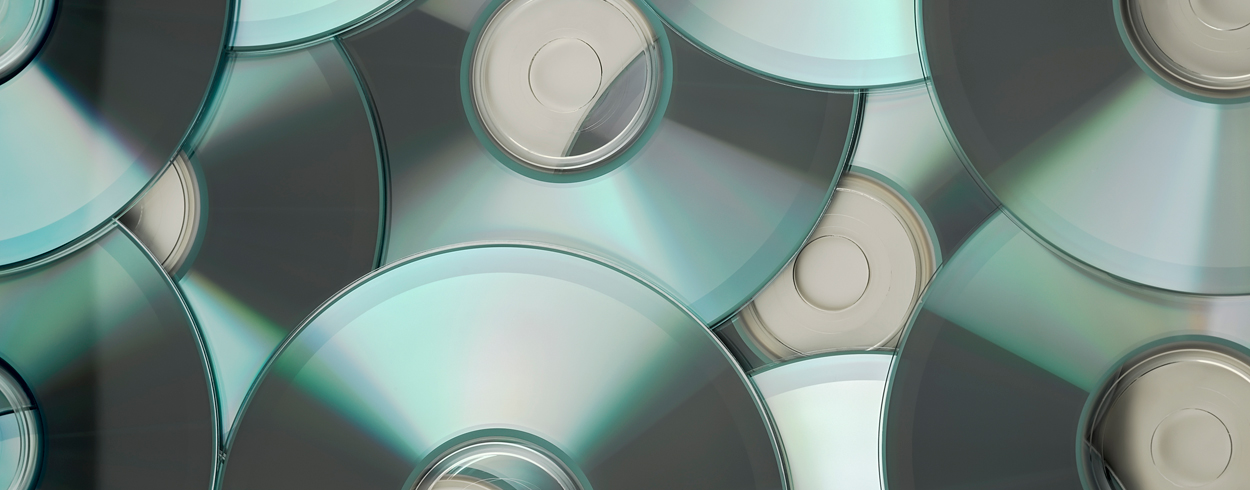COPYRIGHT INFRINGEMENT
A copyright infringement action is brought in federal court against someone who has violated rights granted to an author or artist by federal copyright law. These lawsuits generally allege that someone has copied or substantially copied an author’s original work.
Kohn Swift (together with former partners Michael Boni and Joanne Zack) successfully litigated the cutting-edge copyright infringement case, Random House v. Rosetta Books. This case was the first to establish the rights of authors and publishers of e-books. The firm also served as co-counsel in In re Freelance Works in Literary Databases Copyright Litigation, which resulted in an $18 million settlement, one of the largest copyright class action settlements in history.

COPYRIGHT LAW
A copyright is the exclusive right of a creator of artistic work to use that work in particular ways. The Copyright Act of 1976 prohibits anyone other than the original author of a work or the employer or commissioner of a “work for hire” from:
- copying or substantially reproducing the work
- creating derivative forms of the original work
- selling, leasing, or renting copies of the work
- publicly performing or displaying the work, or
- employing digital audio to perform a sound recording of the work.
The Act automatically grants these rights (with or without copyright registration) to authors of published or unpublished tangible original works.
Copyrighted works may include:
- novels, screenplays, non-fiction writing, song lyrics, and other literary creations
- musical compositions
- motion pictures and other audiovisual recordings and works
- sound recordings
- plays and other dramatic works
- choreography
- photographs
- paintings and sculptures
- engineering and architectural designs
- computer software
- advertisements
By protecting artistic works against misappropriation or unauthorized use, copyright laws foster the arts and human creativity in general.

COPYRIGHT INFRINGEMENT LAWSUITS
The Copyright Act provides for three types of damages:
- actual damages (profits the plaintiff would have made by selling the work)
- defendants’ profits (if non-duplicative of plaintiff’s lost profits), or
- statutory damages (which do not require proof of any actual harm, and which can be substantial in the case of willful infringement)
While copyright registration is not required for a copyright to exist, it is required before pursuing statutory damages. In addition to copyright ownership, the plaintiff must establish that the defendant reproduced the plaintiff’s copyrighted work. Copyright owners may also obtain preliminary and permanent injunctive relief.




